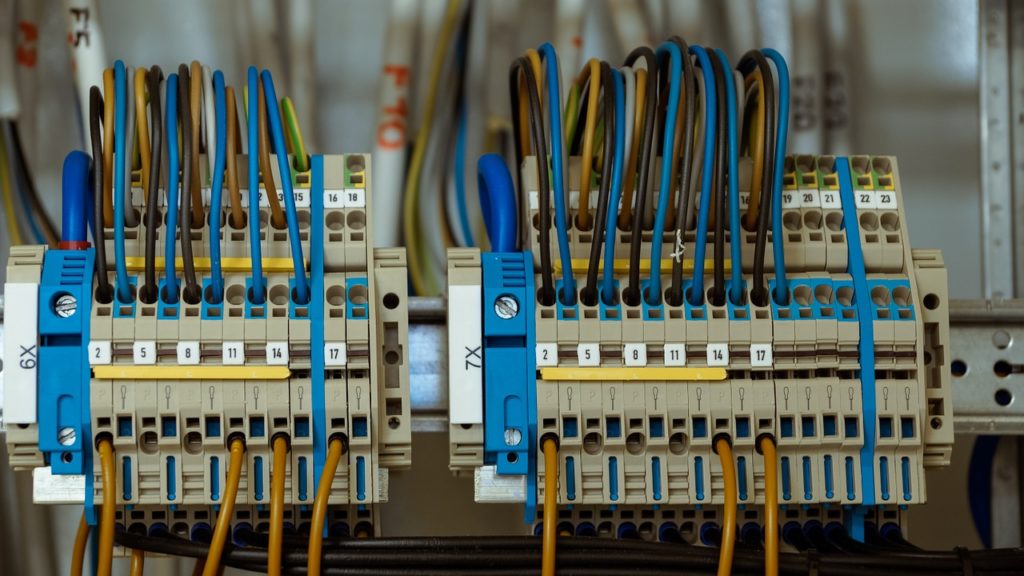Electrical and electronic engineers design and develop products that involve the generation, transmission, and use of electrical energy.
There is much overlap between the disciplines. However, electrical engineering involves large-scale systems (e. g. power generation) and using electricity to transmit energy. Electronic engineers are usually concerned with smaller electronic devices such as computers, and using electricity to transmit information.
Different fields of specialisation include telecommunications; manufacturing; generation; microelectronics; biomedicine; and transport. Students with an interest in maths, physics, and computers and an inquiring mind would enjoy a course in Electrical or Electronic Engineering.
Education
Students interested in taking a course in Electrical or Electronic Engineering are spoilt for choice. Higher certificates and degrees (at levels five, six, seven and eight) are available at most Institutes of Technology and universities, and at many smaller and private colleges.
You can decide to take a broad Engineering course and specialise in electronics or electrical subjects, or take dedicated courses in Electrical Engineering, Electronic Engineering, Electrical & Control Systems, Electronic Technology, Electronics & Computer Engineering, Electronics & Telecommunications Systems, Engineering (Applied), or Communications Engineering, to name but a few.
The subjects you will study depend on the course you choose, but most will feature introductory subjects such as Mathematics, Mechanics, Electronic Circuits, Computer Science, and Physics, before allowing you to specialise in areas such as Digital Electronics, Computer Engineering, Circuit Theory, Signal Processing, Electromagnetic Waves, Power Systems, Control Engineering, and Field Theory.
Students are usually offered the opportunity to complete a work placement, and laboratory exercises and projects should form a major part of any course.
The Work
Electrical and Electronic Engineering graduates have a range of options. Many of the world’s largest manufacturers of electronic equipment have operations in Ireland. Graduates are also in high demand in the manufacturing, IT, aerospace, energy generation, telecommunications, multimedia, and general business sectors.
Electronic engineers work in many industries. In telecommunications they design, install, and maintain transmitters, satellite equipment, and the ever-expanding range of IT devices. The installation, upkeep, and improvement of manufacturing equipment and systems also require the services of an electronic engineer.
Electronic engineers also play a key role in the design of new products – everything from mobile phones to aeroplanes. They use Computer-Aided Design (CAD) to produce models of the product. This is then tested to ensure it works properly, and to allow the engineer to smooth out any problems in the design. The final step can then be to oversee the production of the new product on a large scale.
Other tasks can include leading a team of researchers or engineers, liaising with managers, clients, or marketing experts.
Electrical engineers work in the generation and supply of electricity. They design the equipment that makes this possible, and oversee maintenance, safety and upgrades.
A propensity for problem solving is highly useful for electrical and electronic engineers. Technical ability, creativity, experience in using computers, an interest in maths and physics are other characteristics that are often sought. An inquiring disposition coupled with a desire to initiate improvements is of benefit. Good teamwork and communication skills are also important.
Did you know?
The ‘Baghdad Battery’ was a major discovery in the 1930s and is over 2, 000 years old. It seems that it electroplated gold onto silver objects.












Comments